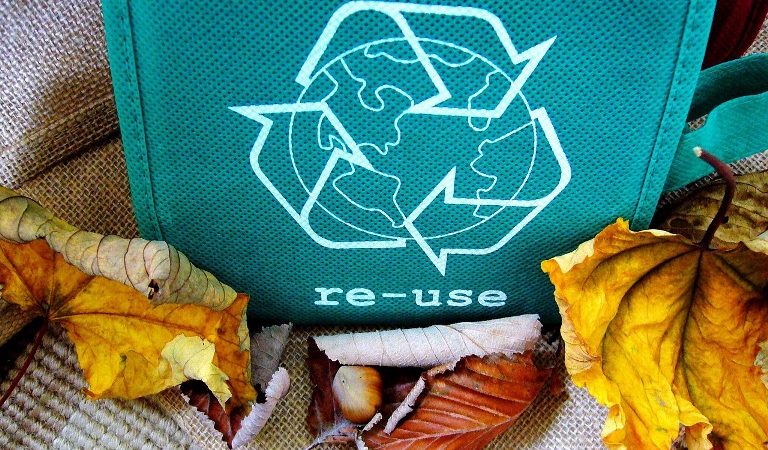Training on Participatory Planning and Decision Making Using GIS
Development Alternatives, a non-profit organisation established in 1983 creating large scale sustainable livelihoods is organising a Capacity Building Series (2008- 09) for Participatory Planning and Decision Making using – Geographical Information System (GIS)

OBJECTIVES OF THE TRAINING
- To make participants understand the basics of Geographic Information System (GIS) and how it can facilitate in planning and decision making
- To acquaint them with tools, techniques and information that would be required to undertake GIS application in various thematic areas (NRM, Disaster Management, watershed development etc)
- To share DA’s experiences in using GIS for various development projects
Dates: 21 to 23rd April 2009
Venue: Indian Council of Social Science Research, JNU Institutional Area, Aruna Asaf Ali Marg, New Delhi
COURSE ELIGIBILITY
Professionals working in Government & NGOs, or other agencies and functionaries who are interested in map learning using GIS for their respective organisations.
Fee: INR 7,500 per participant (The Training fee covers food during the training hours, course material and field visits)
YOUR TAKEAWAYS
- Knowledge and experience from the training
- Field Exposure and further learning
- Manuals and training material
- Networking opportunity for you
For more information and to register, contact:
Bhavana Gadre
Telephone: 011-26132718
tla@devalt.org
Online Nomination Form (Last Date: 15th April 2009)
Manager-Training
TARA Livelihood Academy
Development Alternatives,
111/9-Z, Kishangarh, Vasant Kunj,
New Delhi-110070
Sustainable development is largely a replication of how people interact with the available natural resource base. Very often, Environmental degradation is due to over population and poor socio-economic conditions. The need for proper monitoring and management has arisen to fulfill the targets of achieving sustainable development.
Geographic Information Systems (GIS) is an undeniable valuable tool for gathering and analyzing environmental information and helps in observing, measuring, mapping and monitoring of the earths natural resources. Satellite Remote Sensing in conjunction with GIS has proved to be extremely useful tool for natural resource assessment and management and at the same time helps in planning and implementation of various developmental projects.
GIS involves learning of tools, techniques and information for applying in various thematic areas i.e. Natural Resource Management, urban planning, etc.
RESOURCE PERSONS
Anand Kumar
Mr. Anand Kumar, Programme Manager, Development Alternatives is a Geologist from Banaras Hindu University, Varanasi with a specialization in Remote Sensing and GIS. He has 8 years of experience in the field of designing, developing, facilitating and implementing remote sensing and GIS application projects. These projects range from natural resource management, disaster management to Environment assessments. He has also been extensively involved in training and capacity building of various stakeholders such as the government officials, industry personnel. He is also been involved in Preparation of local area resource profiles using GIS for formulation of action plans for state governments, NGOs and individuals. He has coordinated various important assignments (State of Environment Reporting, State of Environment Atlas, Watershed management, Training and capacity building programmes etc.)
Avanindra Kumar
Mr. Avanindra Kumar, Associate Programme Manager, Development Alternative is a GIS specialist. He has nine years of experience in the field of GIS and Environmental Planning. He is abreast with the latest GIS tools and techniques. He has major contribution in the field of thematic mapping using latest GIS tools. He has worked on ‘Interactive State of Environmental Atlas- India’. He has expertise in preparation of State Environmental Atlas, District Environmental Atlas, District Resource Atlases, Zoning Atlas for Siting of Industries, State Level Industrial Siting Guidelines, District Level Industrial Siting Guidelines, and Environmental Management Plan for Urban Areas, Tourism Area, Fragile Area and Industrial Estate planning and has executed these projects successfully. He has imparted training and capacity building to various departments (PHED, Jal Nigam, Forest dept.)
Mr. Devendra Giri Goswami
Mr. Devendra Giri Goswami, GIS Analyst has 19 years of experience in GIS application projects. He is abreast with the latest GIS tools and techniques. He has major contribution in the field of thematic mapping using latest GIS tools. He has worked on ‘Interactive State of Environmental Atlas- India’. Rajiv Gandhi National Drinking Water Mission for NRSA, District Planning Atlas for Tumkur, Karnataka, Integrated Mission for Sustainable Development for Chikayakanhali Region and Conservation & Sustainable Development Strategy for Khajuraho Heritage Region, M.P. Mainly responsible for data conversion (analog to digital) and preparing the final outputs in GIS. He has aquired skills in Training & Capacity Building and has Imparted Training on GIS to Organisations like UNICEF, PHED etc He has expertise in preparation of State Environmental Atlas, District Environmental Atlas, District Resource Atlases, Zoning Atlas for Siting of Industries.
Pedagogy:
The following techniques would be used to conduct the training program
-
Lectures
-
Experience sharing
-
Training Support materials/ Handouts
-
Power-point Presentations
-
Case studies
Course Contents
Lecture / Interactive Sessions:
- Geographic Information System (GIS):
- Concepts
- Introduction to GIS
- Various terminologies and concepts of GIS
- Generating Maps
- Benefits of GIS
- Spatial and non-spatial databas
- Application of GIS in
-
- Watershed Development
- Disaster management
- Urban planning
- Decision support tools
- Utility – AM/FM
- GIS Implementation (how to develop the GIS cell)
-
- Infrastructure (Hardware and Software)
- Skilled staff
- Case Studies
-
- Zoning Atlas for siting of Industries
- Landuse change detection
- Watershed development
- Interlinking of Rivers
- Decision support tools
- Case Studies
This session is designed to provide hands-on experience to the participants on the GIS
-
- Digitization and Database Creation
- Integrating Data in maps
- Symbolizing the data
- Generating Queries
- Spatial Analysis
- Making Map Layouts




Kindly intimate the next scheduled for training on Participatory Planning and Decision Making using – Geographical Information System (GIS).
Thanks,
Joshua